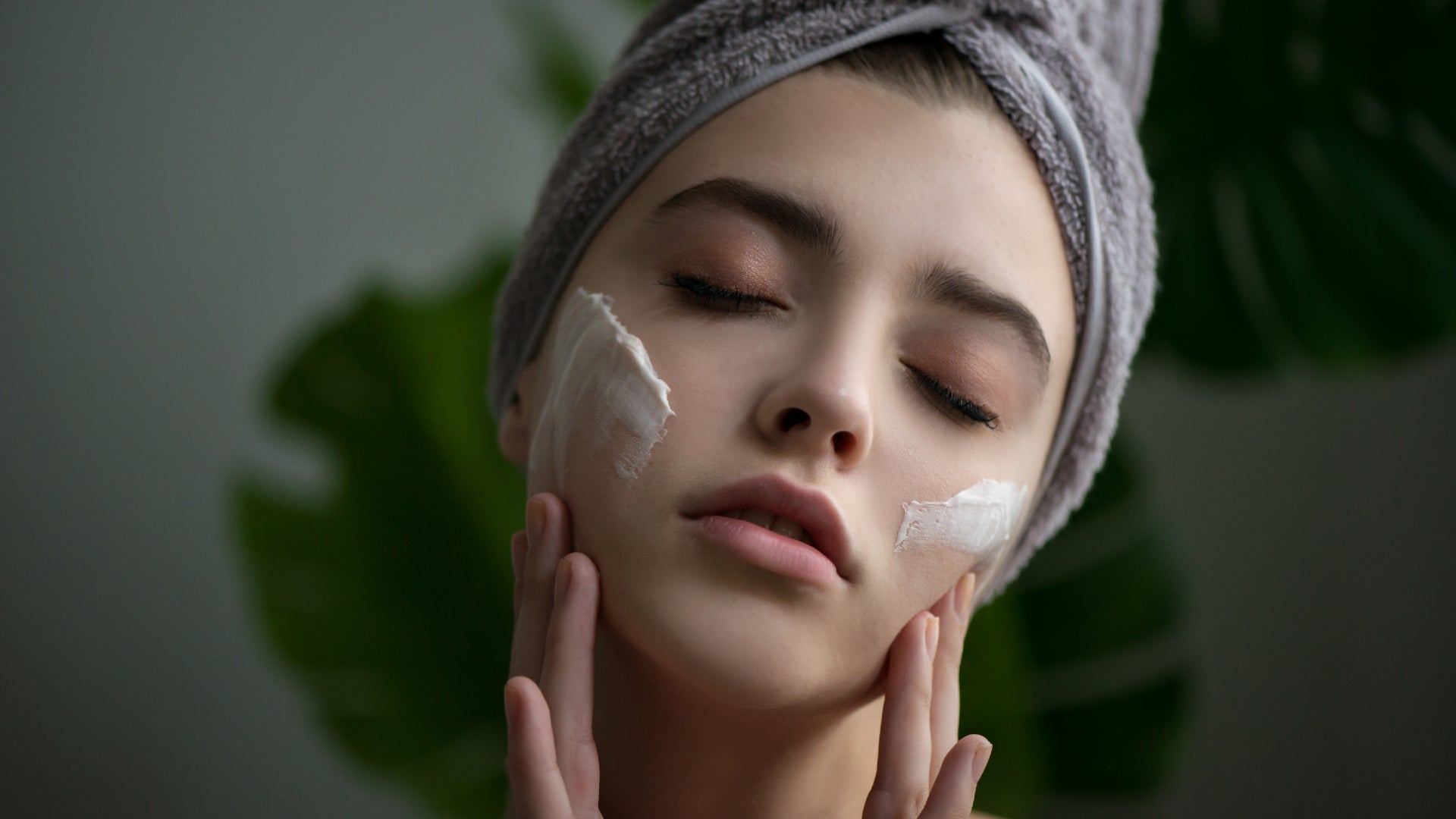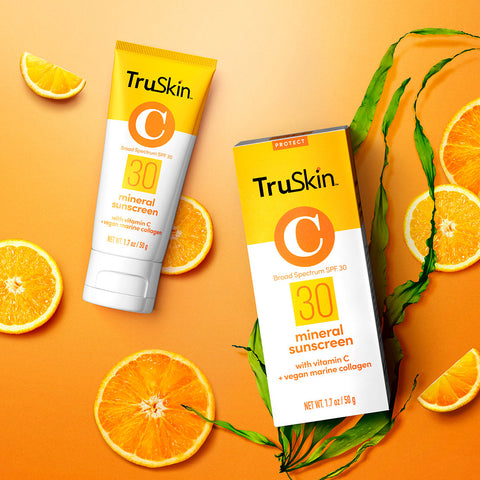
Everything You Need To Know About Sensitive Skin
Sensitive skin can appear anywhere on your body, at any point in your life (dang). Which is why knowing what causes it and how to avoid your triggers are key.
According to research, 60-70 percent of women and 50-60 percent of men claim to have sensitive skin. Now, we don’t know about you, but that sounds like a helluva lot of people. Right?
Sensitive skin comes in many guises and can mean anything from a persistent reaction to a certain skincare ingredient or environmental trigger, to full-blown rosacea, eczema or in worse cases, a severe allergic reaction.
Think you might have sensitive skin, but aren’t sure why or what’s causing it? Here's what we know…
What Is Sensitive Skin?
According to the International Forum for the Study of Itch (IFSI), sensitive skin is defined as ‘a syndrome defined by the occurrence of unpleasant sensations – stinging, burning, pain, pruritus (itchiness) and tingling sensations – in response to stimuli that normally should not provoke such sensations.’
When your skin is exposed to something it doesn’t like nerve endings in the top layer become irritated, which is what causes your skin to burn, flush, feel itchy or become flaky.
These stimuli are usually things like chemicals, fragrance or active ingredients in your skincare products, as well as extremes in temperature or even certain types of metal in your jewelry. And watch out for your hormones, diet, stress levels and sleep patterns as these can also have a major effect on inflammation and dry skin.
But why do some people have sensitive skin and others don’t? Well, it’s mainly down to genetics which is a shame because there’s not a lot you can do about that. However, a weakened or compromised barrier function is another major factor in your level of sensitivities, so make sure you skin’s natural protective layer is strong, protected and cared for and this will go a long way into reducing irritation. More on that later...
What Are The Most Common Causes Of Sensitive Skin?
There are many different levels of skin sensitivities and some can be a sign of more serious, underlying conditions such as psoriasis, eczema and rosacea. That being said, most sensitivities are caused by a reaction to something topical that your skin’s not a fan of. This is known as contact dermatitis and comes in varying degrees of severity, from slight redness and itching through to burning and blistering of the skin.
Environmentally sensitive skin is also fairly common and is caused by environmental factors (the clue's in the name!) such as pollution and sun exposure.
Lastly, your skin becomes more sensitive as it ages because it naturally becomes thinner, weaker and therefore more easily irritated. There's a surprise. Sigh.
How Can You Tell If You Have Sensitive Skin?
Self-diagnosing skin sensitivities is all well and good if your reactions aren’t too severe and you have plenty of time and patience to eliminate certain products, then wait and repeat until you find the culprit. But we think life’s too short for that, so your best bet is to have a dermatologist check your skin. They’ll ask you questions about your family history to rule out or diagnose underlying conditions or they may carry out a number of skin or patch tests to determine if a certain ingredient or food is the root of your problem. Either way, allow the professionals to deal with this one. It’s way easier and quicker than taking it on yourself.
Which Ingredients Should Sensitive Skin Avoid?
Learning about your triggers from your doctor is the most important factor in avoiding skin irritation and inflammation but there are many common allergens in skincare (and laundry detergents, don’t forget those) that you should give a miss.
According to the US Food and Drug Administration (FDA) natural rubber, fragrances, dyes, preservatives and metals are the most common allergens in cosmetics. Things like parabens, which you won’t find in any TruSkin product btw, are preservatives that prevent harmful stuff growing in products such as cleansers, shampoo and moisturizers. However, they’re super irritating to the skin so should really be avoided if you have any kind of skin sensitivities. Formaldehyde is another nasty preservative that sensitive skin hates. Leave. Well. Alone.
This may sound a tad confusing but just try to avoid unnecessary fragrances, preservatives and dyes in your products and that'll help no end. And if you still find your skin is causing you grief? Then get thee to the derm’s office.
How Else Can You Manage Sensitive Skin?
Another simple way to reduce your chances of developing or aggravating sensitive skin is to strengthen and care for its natural barrier which is the uppermost layer of your skin, AKA the stratum corneum.
The stratum corneum is kind of like a brick wall that works like a defense shield to retain moisture and protect your skin from the environment and anything else you subject it to. Everyone’s is different and it will naturally weaken as you age, but care for your stratum corneum with savvy skincare and it will repay you by maintaining strong, healthy skin that is free from irritation.
To best improve your skin’s barrier function, avoid harsh chemicals in your skincare, go gently as you exfoliate, and moisturize every morning and night. Great ingredients to look out for in your moisturizers are hyaluronic acid, glycerin, colloidal oatmeal, ceramides and shea butter as these are well tolerated and work hard to maintain and nourish your natural moisturizing factor (NMF).
You'd also be wise to protect your skin daily with an antioxidant serum such as our potent but gentle Niacinamide Facial Serum, and don’t forget that all-important daily sunscreen.
Those age-old skincare tricks of eating well, sleeping well and keeping stress to a minimum are also super important ways of keeping skin irritations to a minimum.
Oh, and take a look at all of your beauty products (makeup included) and trash anything that’s either out of date or looks or smells funky. Products that have been hanging around forever are likely to have become spoiled or contaminated by bacteria and other nasties. Your skin does not want to come into contact with those. Gross.











